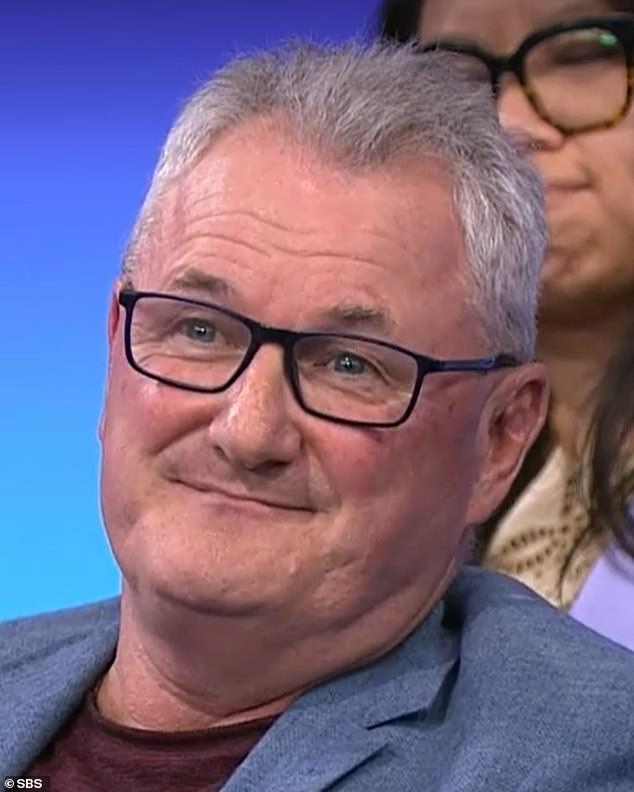A property investor has hit out at Australians who complain about baby boomers.
Craig Doyle, 61, from Melbourne’s western suburbs, owns five investment properties worth $3 million, which he pays for from his superannuation.
Despite this, he said that being a landlord is far from easy, and he estimates he has lost $100,000 in land taxes, council rates, compliance costs, unpaid rents and interest rate increases over the past decade.
Mr Doyle was responding to resentment among many young Australians towards baby boomers and landowners.
He said this is due to the fact that his generation, for the most part, is still active, healthy and engaged in the economy, whereas 25 years ago everyone expected that by now they would be piling up in nursing homes.
“I find it disgusting,” he told SBS Insight. “I remember the idea 25 years ago that we were going to be the biggest debt to this country because we would all retire and need care homes.
Craig Doyle, 61, from Melbourne’s western suburbs, told SBS Insight he had purchased five properties worth a total of $3 million using his superannuation fund.
“I realize now that even though we are not and we are capable of taking care of ourselves, there is still a pent-up animosity toward us.”
“My wife and I got together later in life and 10 years ago we decided that one way forward was to invest in property,” Doyle told Insight on Tuesday night.
‘We decided to invest in three separate properties through our retirement policy and reap the benefits of doing so, but unfortunately over the last four or five years we have seen an increase in interest rates nationally.
‘The market price of the properties we buy has dropped dramatically, we were losing $15,000 a quarter on our investment properties. So we had to make the decision to give them all up and we have lost money on them.
‘They all had landlord corporations, land taxes, new apartment improvements, people not paying rent and interest (rates) going up three or four times a year.
“You can’t get the money back. Suddenly you’re accumulating money for retirement, and it’s gone before you get in.”
Mr Doyle said he was selling his investment properties “one by one”, with one apartment sold last month and another currently on the market.
He had hoped to build his capital base by investing his retirement in property, but said it had actually reversed his ability to retire.
“By now we would be living as grey nomads, but that has been postponed for four or five years. It is what it is,” said the 61-year-old.

Mr Doyle said baby boomers had “laid the foundations of wealth” in Australia’s economy and his generation should not have to pay more tax (pictured: a “For Sale” sign in Canberra)
The term grey nomad refers to retired Australians, usually over the age of 55, who spend their time travelling in a caravan or motorhome.
Mr Doyle criticised the Victorian Government for increasing land taxes on investment properties in an effort to pay down COVID-19 debt.
The tax increase will last for the next 10 years.
“It’s us who are being demonized. It’s unfair for the government to tax my generation. Baby boomers did well because we worked hard,” he said.
“The government has spent too much, it has overcapitalized. They are going after people who perceive that they have money. But why do we have to pay these taxes to compensate for the mismanagement of the state government?” he told the Australian financial magazine.
Mr Doyle said baby boomers had “laid the foundations of wealth” in Australia’s economy and argued his generation should not have to pay more tax.
“It’s really worrying to try to understand why we are being blamed for this. I have paid taxes all my life, from when I was a newspaper delivery boy to where I am now,” he said.
“I find it hard to understand why we, as a group of people, have to pay more. Why?”

